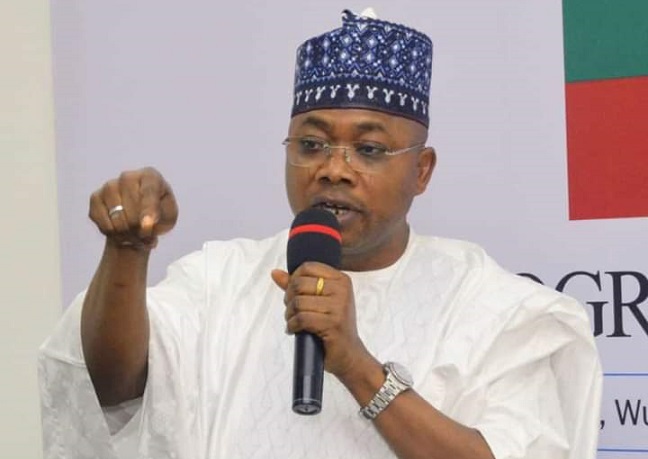Electricity consumers on Band A feeders may soon face another tariff increase due to a sharp rise in the electricity subsidy provided by the Federal Government.
Recent figures reveal that the subsidy surged from N102.30 billion in May to N181.63 billion by September 2024.
In April, the Nigerian Electricity Regulatory Commission removed subsidies for Band A customers, who enjoy at least 20 hours of power daily, resulting in a tariff hike to N225 per kilowatt-hour (kWh). This sparked backlash from labor unions and other stakeholders as electricity bills tripled for many households.
Though the subsidy dropped to N102.30 billion in May, leading to a tariff reduction to N206.80/kWh, it quickly rose again, reaching N158 billion in June. By July, tariffs were back up to N209/kWh as the subsidy grew to N163.87 billion. The upward trend continued, with subsidies reaching N173.88 billion in August and N181.63 billion by September.
Experts speculate that further tariff increases may follow in October under the Multi-Year Tariff Order unless power generation costs are curtailed. The rising subsidy has been linked to Nigeria’s ongoing foreign exchange crisis. NERC reported an exchange rate of N1,494.1 per dollar in July, which jumped to N1,601.5 by September. Inflation, which stood at 33.40% in July, is also driving up the cost of power production.
Despite the escalating cost of generating electricity, the Federal Government has refrained from authorizing another tariff hike, likely in consideration of the economic hardship many Nigerians are already facing, including recent fuel price increases.
Meanwhile, the Abuja Electricity Distribution Company reported stable power delivery of 611 megawatt-hours per hour from April to September, though generation costs fluctuated from N103.9/kWh in April to N87.33/kWh in May, before rising to N113.69/kWh by September. Transmission and administrative costs also climbed to N10.4/kWh by September.
Some electricity distribution companies have voiced dissatisfaction with the current tariffs, arguing that they are unsustainable given the rising costs of power generation.
NERC capped tariffs at N117.31/kWh for the months of July, August, and September, leading to complaints from Discos operating at a loss. Some have even refused to purchase electricity allocated to them from the national grid, calling for the complete removal of subsidies across all customer bands to stabilize the market.
Minister of Power, Adebayo Adelabu, recently criticized Discos for rejecting power, which has forced generation companies to reduce output. He noted that while efforts have been made to boost generation to over 5,000 megawatts, 1,400MW had to be scaled back due to the Discos’ refusal to absorb the supply.
Adelabu urged Discos to take more energy to avoid further disruptions in the power grid and to help the government meet its target of increasing generation to 6,000MW by the end of the year.











